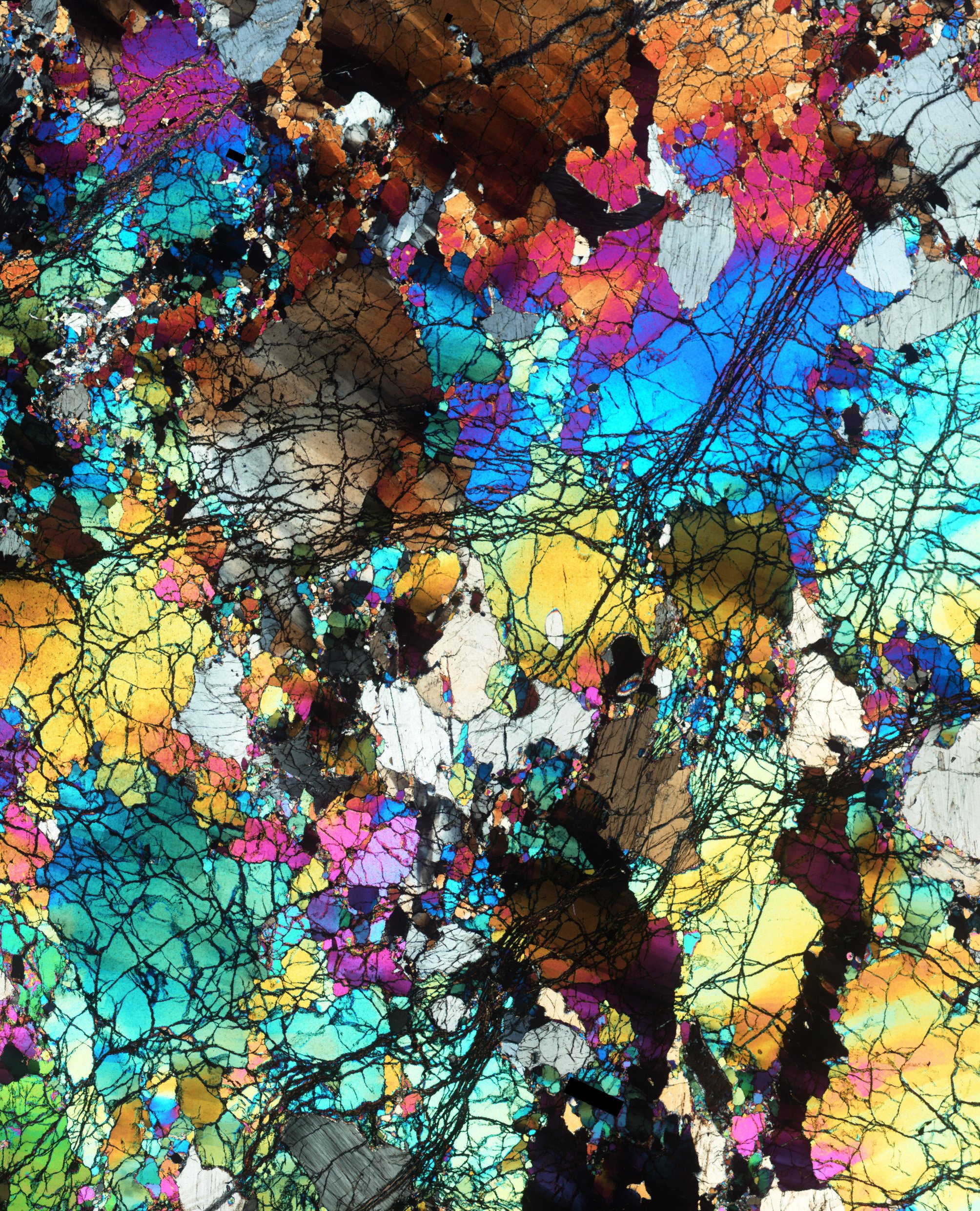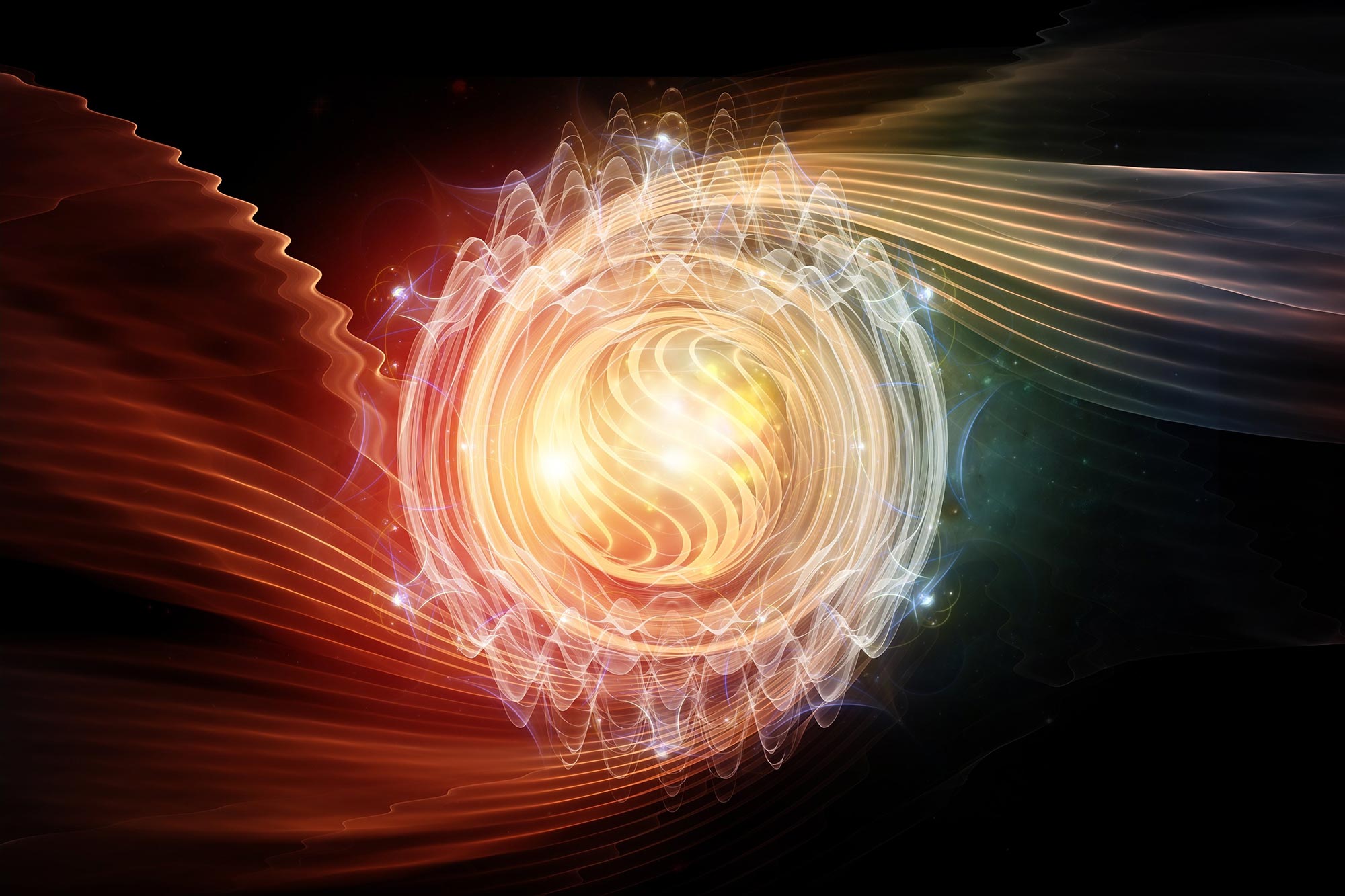
Lebih dari satu abad setelah pertama kali muncul, para ilmuwan telah menyelesaikan pekerjaan rumah Einstein tentang relativitas khusus dalam elektromagnetisme.
Peneliti Universitas Osaka menunjukkan kontraksi relativistik medan listrik yang dihasilkan oleh partikel bermuatan yang bergerak cepat, seperti yang diprediksi oleh teori Einstein, yang dapat membantu meningkatkan penelitian fisika partikel dan radiasi.
Lebih dari seabad yang lalu, salah satu fisikawan modern paling terkenal, Albert Einstein, mengusulkan teori relativitas khusus yang inovatif. Sebagian besar dari semua yang kita ketahui tentang alam semesta didasarkan pada teori ini, namun sebagian darinya belum dibuktikan secara eksperimental. sarjana yang Universitas Osaka Institute of Laser Engineering menggunakan pengukuran elektro-optik ultracepat untuk pertama kalinya untuk memvisualisasikan kontraksi medan listrik yang mengelilingi berkas elektron yang bergerak mendekati kecepatan cahaya dan untuk mendemonstrasikan proses pembangkitan.
Menurut teori relativitas khusus Einstein, seseorang harus menggunakan “Transformasi Lorentz” yang menggabungkan koordinat ruang dan waktu untuk menggambarkan gerak benda yang melewati seorang pengamat dengan kecepatan mendekati kecepatan cahaya. Dia mampu menjelaskan bagaimana transformasi ini menghasilkan persamaan medan listrik dan magnet yang konsisten sendiri.
Sedangkan berbagai efek relativitas telah dibuktikan berkali-kali dengan tingkat eksperimen yang sangat tinggi[{” attribute=””>accuracy, there are still parts of relativity that have yet to be revealed in experiments. Ironically, one of these is the contraction of the electric field, which is represented as a special relativity phenomenon in electromagnetism.

Illustration of the formation process of the planar electric field contraction that accompanies the propagation of a near-light-speed electron beam (shown as an ellipse in the figure). Credit: Masato Ota, Makoto Nakajima
Now, the research team at Osaka University has demonstrated this effect experimentally for the first time. They accomplished this feat by measuring the profile of the Coulomb field in space and time around a high-energy electron beam generated by a linear particle accelerator. Using ultrafast electro-optic sampling, they were able to record the electric field with extremely high temporal resolution.
It has been reported that the Lorentz transformations of time and space as well as those of energy and momentum were demonstrated by time dilation experiments and rest mass energy experiments, respectively. Here, the team looked at a similar relativistic effect called electric-field contraction, which corresponds to the Lorentz transformation of electromagnetic potentials.
“We visualized the contraction of an electric field around an electron beam propagating close to the speed of light,” says Professor Makoto Nakajima, the project leader. In addition, the team observed the process of electric-field contraction right after the electron beam passed through a metal boundary.
When developing the theory of relativity, it is said that Einstein used thought experiments to imagine what it would be like to ride on a wave of light. “There is something poetic about demonstrating the relativistic effect of electric fields more than 100 years after Einstein predicted it,” says Professor Nakajima. “Electric fields were a crucial element in the formation of the theory of relativity in the first place.”
This research, with observations matching closely to Einstein’s predictions of special relativity in electromagnetism, can serve as a platform for measurements of energetic particle beams and other experiments in high-energy physics.
Reference: “Ultrafast visualization of an electric field under the Lorentz transformation” by Masato Ota, Koichi Kan, Soichiro Komada, Youwei Wang, Verdad C. Agulto, Valynn Katrine Mag-usara, Yasunobu Arikawa, Makoto R. Asakawa, Youichi Sakawa, Tatsunosuke Matsui and Makoto Nakajima, 20 October 2022, Nature Physics.
DOI: 10.1038/s41567-022-01767-w
The study was funded by the Japan Society for the Promotion of Science and the NIFS Collaborative Research Program.

“Gamer yang sangat menawan. Ahli web. Sarjana TV. Pecandu makanan. Ninja media sosial yang rajin. Pelopor musik hardcore.”






More Stories
Sebuah studi baru menantang teori oksidasi mantel
Generasi Milenial dan Generasi X menghadapi risiko lebih tinggi terkena 17 jenis kanker ini dibandingkan generasi baby boomer: ScienceAlert
Sebuah pencapaian penting bagi NASA dalam menemukan exoplanet